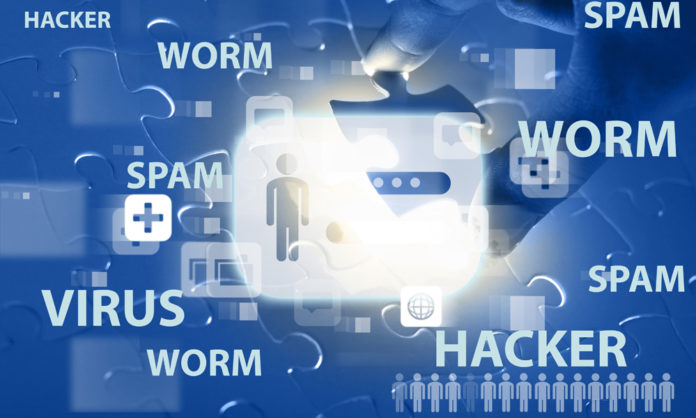

A survey conducted by Infoblox has confirmed that more than 20% of healthcare organizations in US and UK are still using legacy operating systems such as Windows XP making them “Super” vulnerable to cyber threats such as ransomware attacks.
Infoblox survey which included more than 300 IT professionals in its poll has concluded that only 36% of healthcare organizations in the UK are investing in encryption software to protect their IoT devices from malicious and state-funded actors.
The California based company which is into IT automation and Security has added in its security report that despite Microsoft’s repeated requests to organizations operating around the world to update their legacy systems, many hospitals and health centers in UK and US are continuing to use outdated OSes for fear of disruptions to patient care.
Nearly 1 in 5 healthcare IT professionals who took part in Infoblox survey said that most of the medical devices in their organizations are currently running on Windows XP. And 7% of such professionals don’t even know what OS their medical devices are running on. The survey also discovered that nearly 25% of IT professionals don’t know if they can update/upgrade their systems to the new software.
But the good news is that despite the bleak state of cyber security at healthcare organizations in the UK, things have started to change, though at a slow pace.
For instance, the United States under the leadership of Donald Trump has asked all the healthcare organizations to upgrade their systems to new software and hardware by 2018. Additionally, MR. Trump has also asked organizations to leverage the benefits of cloud computing to the most in order to cut down the CapEx and OpEx costs.
Although, some CIOs and CTOs of certain healthcare organization showed a kind of animosity in the beginning to the latest amended rules. They have learned that Cloud technology can prove as a panacea to most of the troubles which are being witnessed in the cyber world.
Security experts from Infoblox are requesting firms operating in the healthcare sector to invest in anti-virus software and firewalls in order to keep their digital assets secure from cyber attacks. They are also requesting healthcare companies to go proactive by investing in network monitoring solutions to identify malicious activity, DNS security solutions to guard against DDoS attacks, application security in order to secure web applications, OSes, and other software.


















